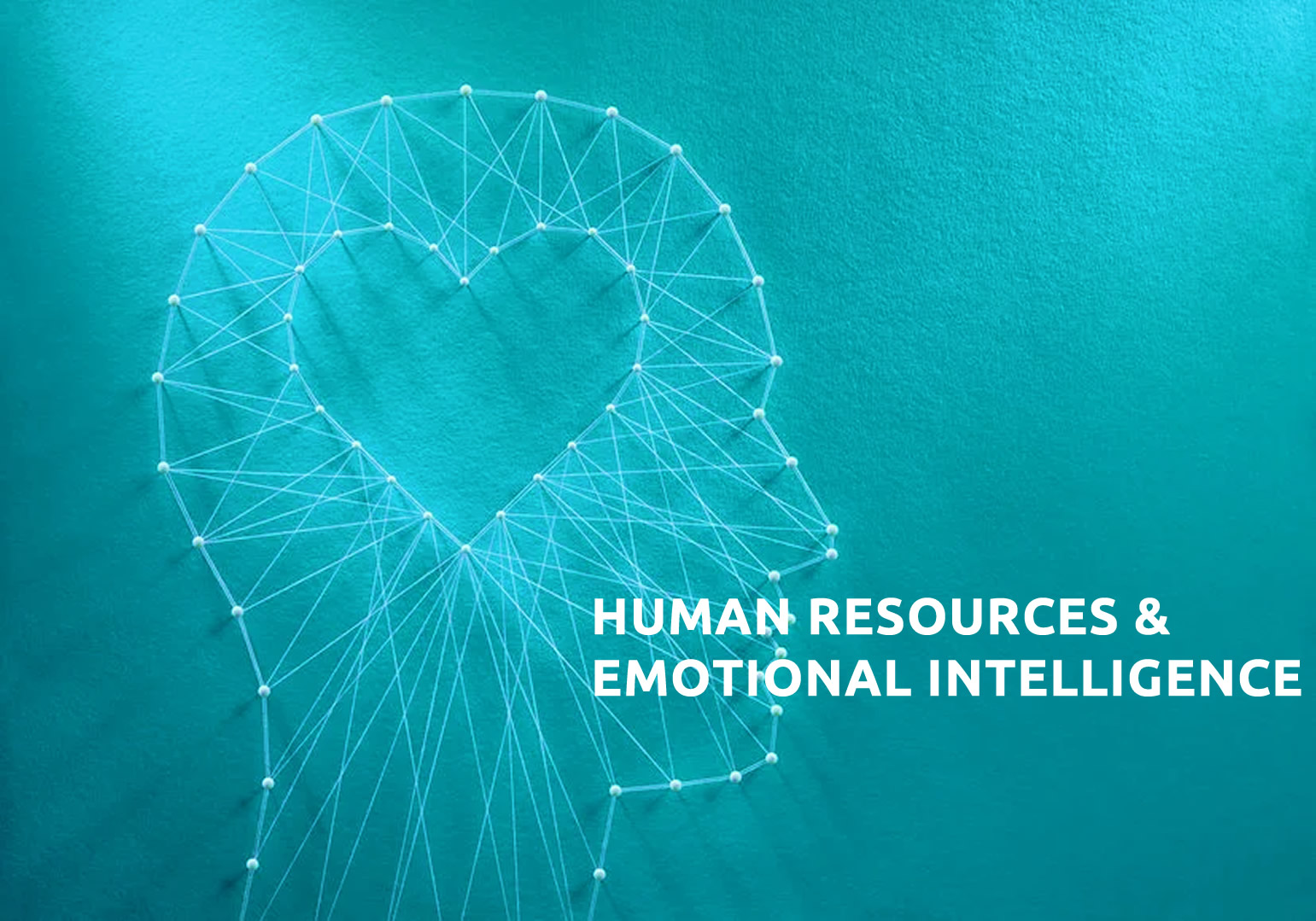Human resources management plays a critical role in the success of any organization. HR processes, such as recruitment, training, performance evaluation, and leadership, require the effective management of the workforce. Emotional intelligence is often a concept overlooked within traditional management styles, but in today’s world, its importance is increasingly recognized. When defined, emotional intelligence refers to emotional awareness, empathy, self-regulation, and the ability to manage social relationships. These skills can significantly influence workplace relationships, communication, and job performance.
The role of “Emotional Intelligence” in Human Resources Management Processes can be summarized under several key headings:
- Recruitment: Emotional intelligence can assist in evaluating candidates’ emotional suitability. Measuring candidates’ emotional intelligence skills during the recruitment process can improve workplace harmony and provide a better prediction for long-term success
- Training and Development: Emotional intelligence can be used to support employees’ personal and professional development. These skills can enrich training programs in areas such as leadership, communication, and teamwork.
- Performance Management: Emotional intelligence can add more objectivity to performance evaluation processes. Leaders can provide better feedback when they understand their employees’ emotional needs
- Leadership: Emotional intelligence helps leaders manage more effectively. Leaders who understand the emotional needs of their employees can adopt a better leadership approach.
- Workplace Relationships: Emotional intelligence is important for reducing workplace conflicts and promoting collaboration. Workplace relationships are a critical factor in an organization’s success.
In HR management processes, emotional intelligence is presented as a powerful tool to improve workplace culture, increase employee satisfaction, and optimize performance. Developing these skills and integrating them into HR processes provides a competitive advantage in the modern business world.
Under conditions where profit-oriented approaches, competitive pressure, and short-term strategies dominate, companies may face the risk of reduced efficiency and even the inability to maintain sustainability. These conditions have made the concept of emotional intelligence even more noteworthy. When leaders increase team motivation and support a collaborative management approach, employee satisfaction will increase, and customer relations will be positively affected in direct proportion. Properly understanding customer needs and offering them better service will increase customer loyalty, and this overall process will contribute to the sustainability of the business. Of course, it is important that the entire process is designed in a largely measurable way and that actions are taken based on the outcomes.
In conclusion, businesses that integrate emotional intelligence into their HR processes and encourage their employees to develop these skills will gain a competitive advantage and achieve long-term success.


